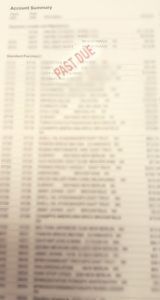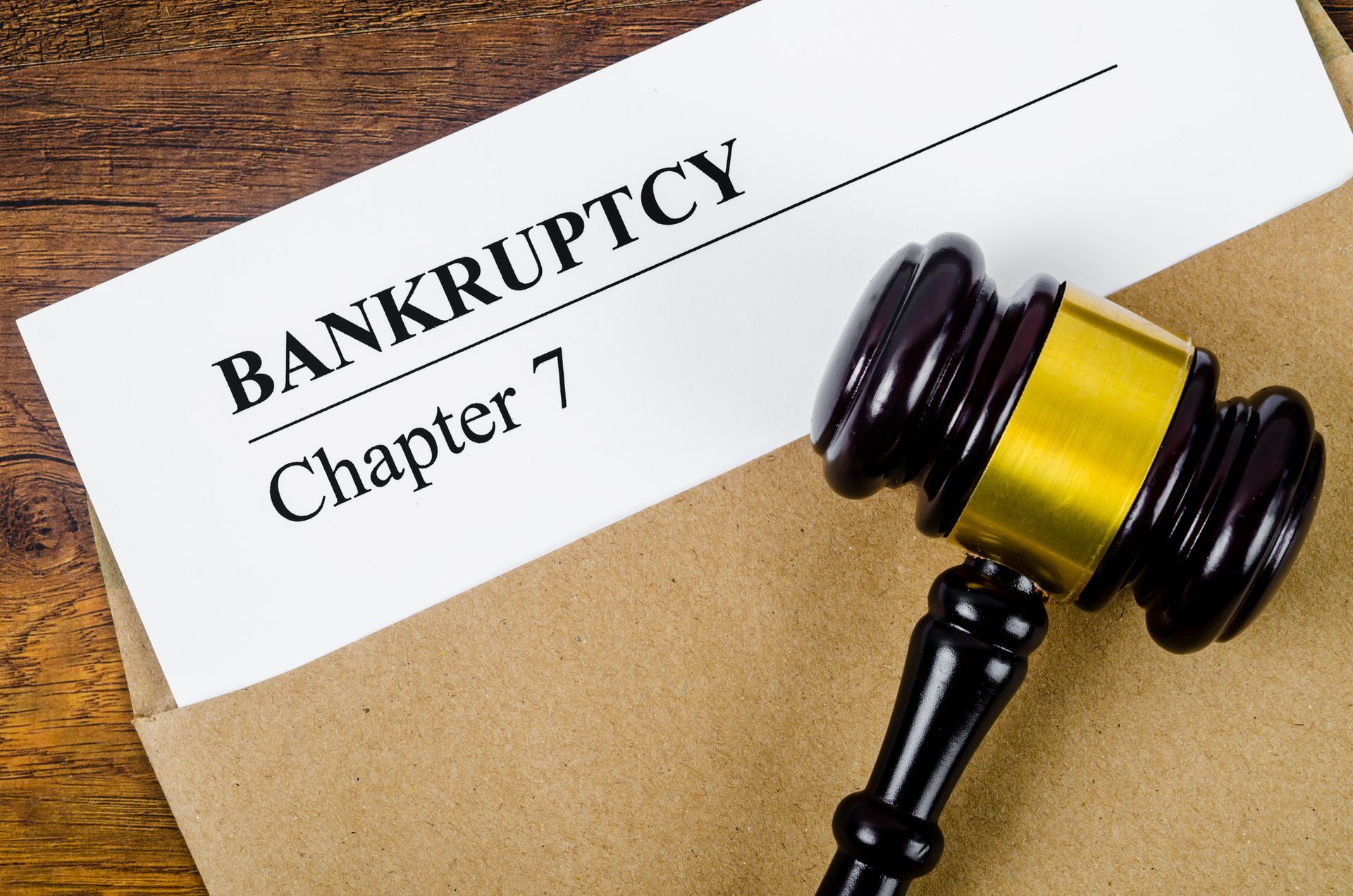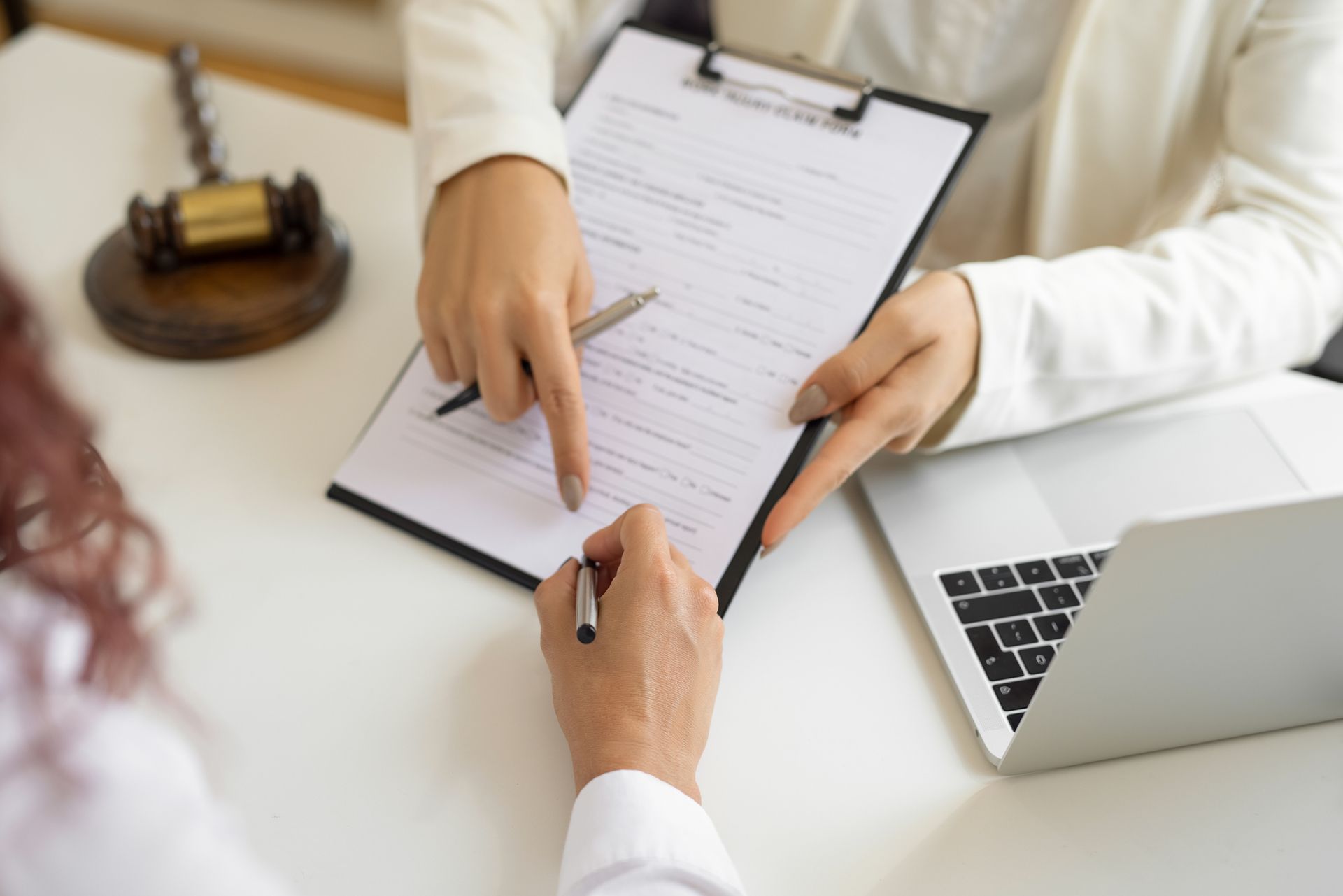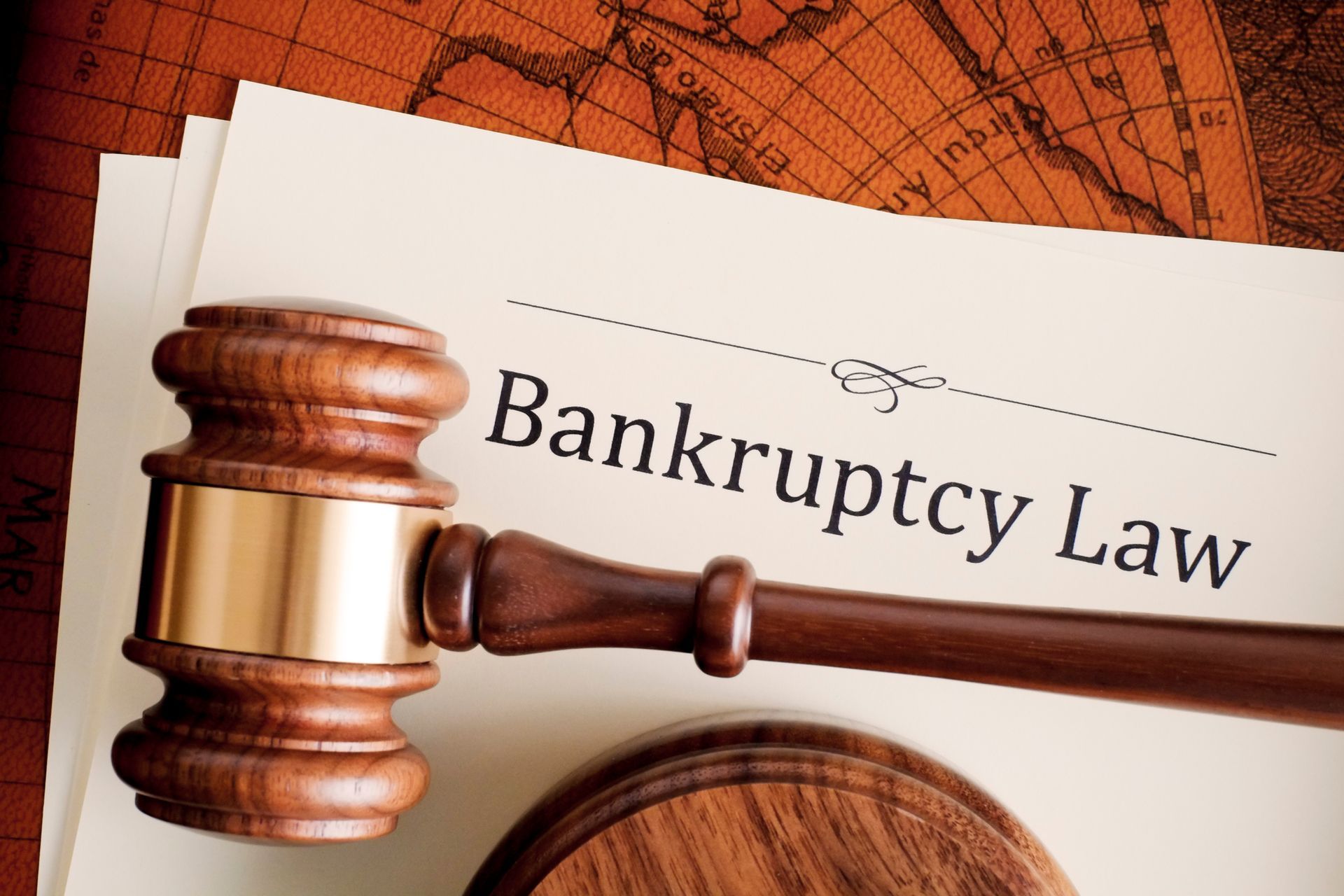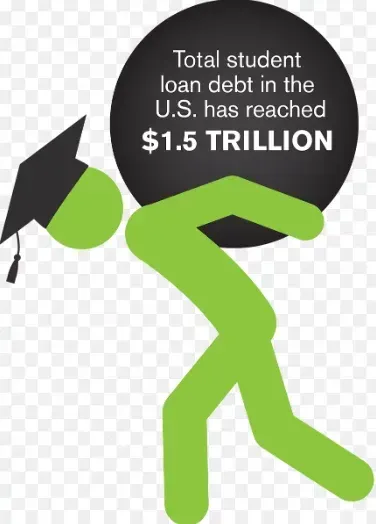Chapter 7 Bankruptcy Law in Waukesha, WI
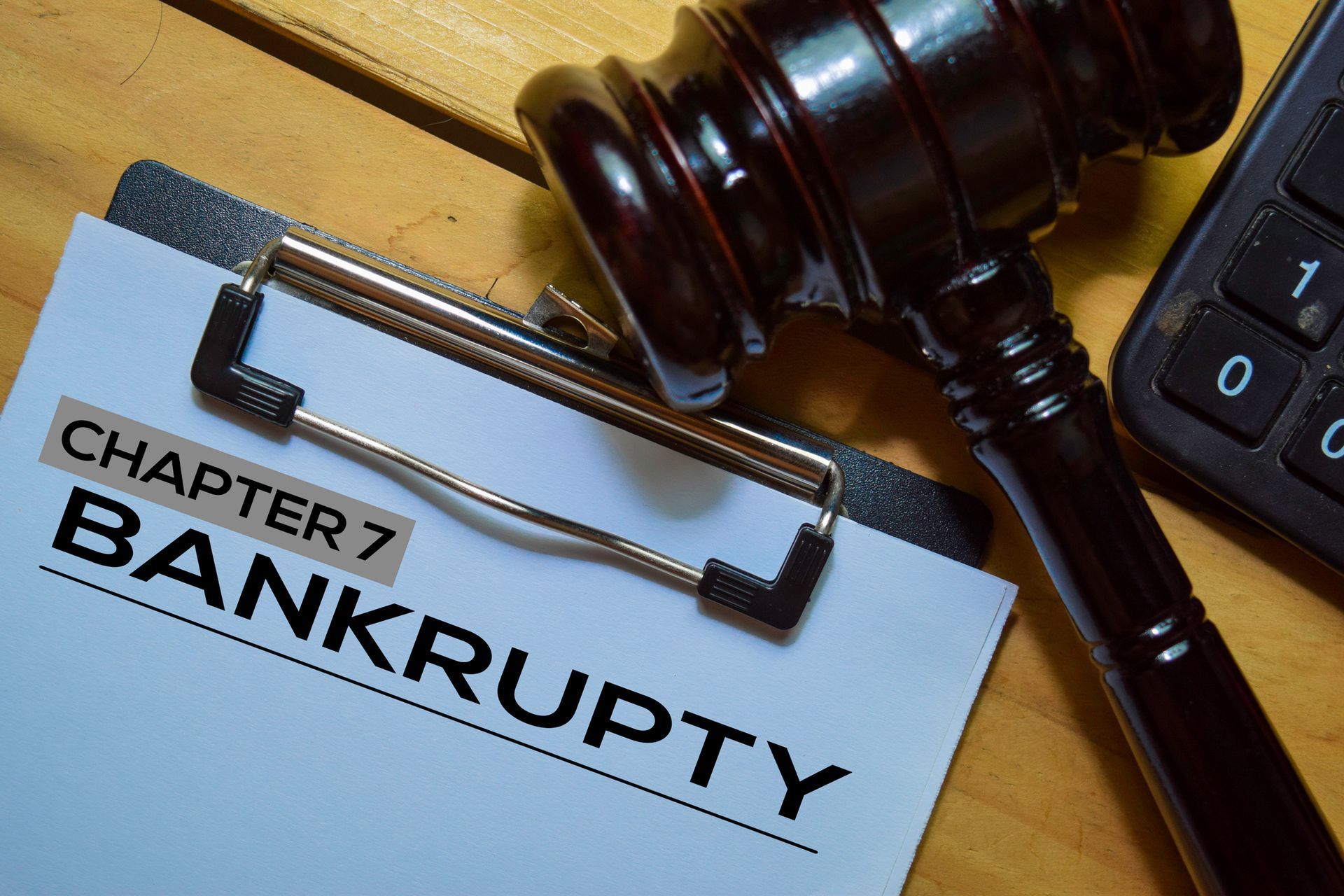
Financial stress can feel overwhelming, especially when debt continues to grow and income stays the same. If you're facing this reality, understanding your options under chapter 7 bankruptcy law in Waukesha, WI could be the first step toward relief. At Credit Solutions, we guide individuals through this difficult process with honesty, clarity, and personal support.
If you're unsure whether Chapter 7 is right for you, this guide will explain what it means, how it works, and how you can make an informed decision about your financial future.
What Is Chapter 7 Bankruptcy?
Chapter 7 bankruptcy, also known as “liquidation bankruptcy,” is a legal process designed to help individuals eliminate unsecured debts such as:
- Credit card balances
- Medical bills
- Personal loans
- Utility bills
Under chapter 7 bankruptcy law in Waukesha, WI, the court appoints a trustee who may sell certain non-exempt assets to repay creditors. However, many filers keep most or all of their belongings due to Wisconsin's favorable exemption laws.
Key Benefits of Filing Chapter 7 in Waukesha, WI
Choosing Chapter 7 can be a life-changing decision.
Some of the major benefits include:
1. Immediate Relief With the Automatic Stay
Once you file, an automatic stay goes into effect.
This legal protection stops creditors from:
- Calling or sending collection letters
- Initiating lawsuits
- Garnishing wages
- Repossessing property
2. Complete Discharge of Unsecured Debts
Once your case is approved, most of your unsecured debts are completely wiped out, giving you a fresh financial start.
3. Quick Resolution
A typical Chapter 7 case in Waukesha takes just 3–6 months to complete from the time of filing to discharge.
4. No Repayment Plan
Unlike Chapter 13 bankruptcy, there is no need to make monthly payments toward your debts.
Potential Drawbacks of Chapter 7
While Chapter 7 offers many advantages, it's not ideal for everyone. It’s important to consider the downsides:
- Impact on Your Credit
Your credit score may drop initially, and the bankruptcy will remain on your credit report for up to 10 years. However, many clients report improved scores within 12–24 months due to their reduced debt-to-income ratio.
- Asset Liquidation Risk
Some non-exempt property, like a second vehicle, vacation home, or collectibles, could be sold by the trustee to pay creditors. Still, most people filing under chapter 7 bankruptcy law in Waukesha, WI retain all essentials, including their primary home and vehicle.
- Not All Debts Are Discharged
Certain obligations, such as student loans, child support, alimony, and recent taxes, generally cannot be eliminated under Chapter 7.
Who Qualifies for Chapter 7?
To file for Chapter 7 in Wisconsin, you must pass the Means Test, which compares your household income to the state median for your family size. If your income is below the median, you qualify. If it’s higher, more complex calculations are used.
Additionally, you must complete a credit counseling course before filing and a debtor education course after filing to receive your discharge.
What to Expect During the Process
Here’s a quick overview of the Chapter 7 bankruptcy timeline:
- Initial Consultation – Meet with an attorney to assess your situation.
- Gather Financial Documents – Pay stubs, bank statements, debts, and assets.
- Filing the Petition – Your lawyer files your bankruptcy paperwork with the court.
- 341 Meeting (Creditor Meeting) – A brief meeting where the trustee may ask questions.
- Debt Discharge – Typically granted within 60–90 days after the 341 meeting.
At Credit Solutions, we handle every step so you don’t feel overwhelmed or alone during the process.
Chapter 7 vs. Other Debt Relief Options
You might wonder if Chapter 7 is your best or only option. Depending on your situation, one of these alternatives may suit you better:
- Debt consolidation – Combines debts into one manageable payment.
- Debt settlement – Negotiates reduced balances with creditors.
- Chapter 13 bankruptcy – A repayment plan over 3–5 years, ideal for protecting assets.
We offer honest, professional guidance to help you choose the path that aligns with your goals.
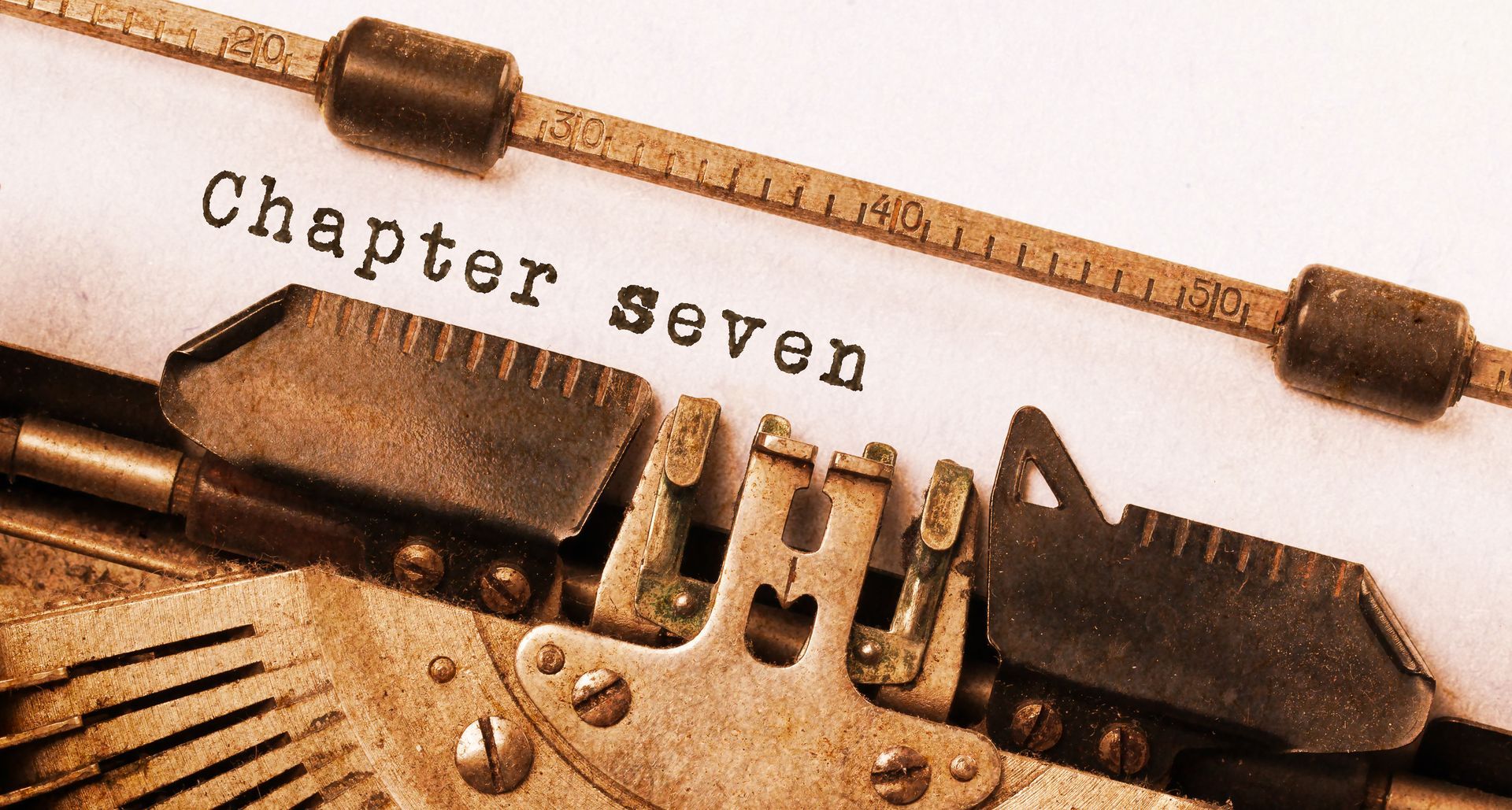
Why Work With Credit Solutions?
At Credit Solutions, we specialize in chapter 7 bankruptcy law in Waukesha, WI, and we're proud to serve the local community with:
- Personalized legal advice
- Transparent pricing with no hidden fees
- Step-by-step guidance through your bankruptcy case
- A judgment-free, compassionate approach
Our mission is to empower you with knowledge and options, so you can move forward with confidence.
Ready to Reclaim Control of Your Finances?
If you’re feeling stuck under the weight of debt, you’re not alone, and you don’t have to figure it out on your own. Credit Solutions is here to help you explore your rights under chapter 7 bankruptcy law in Waukesha, WI and determine if this is the right solution for you.
Schedule your free consultation today.



